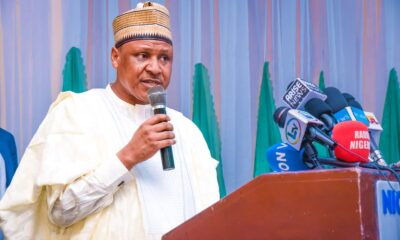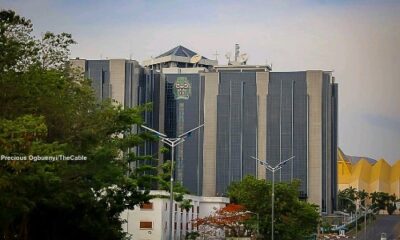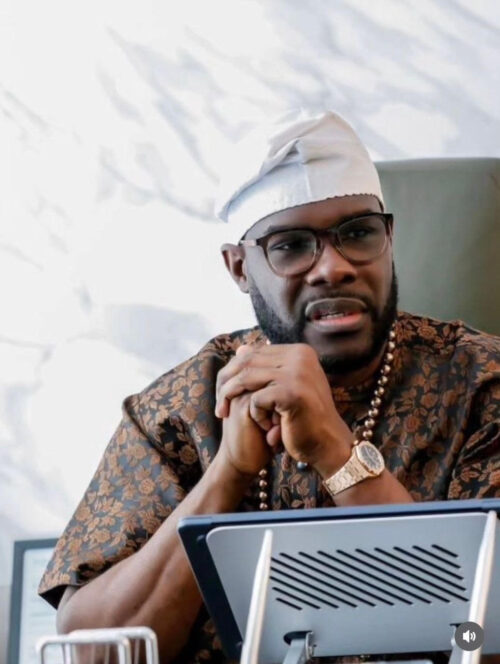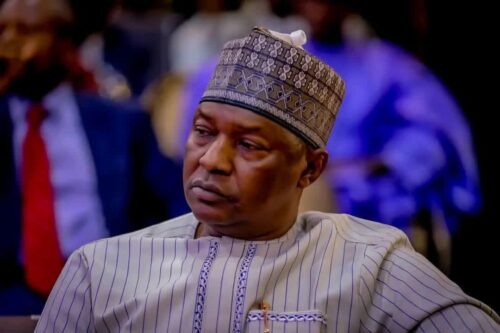BIG STORY
Rice Records 92% Price Hike In 6Years, Despite CBN Interventions
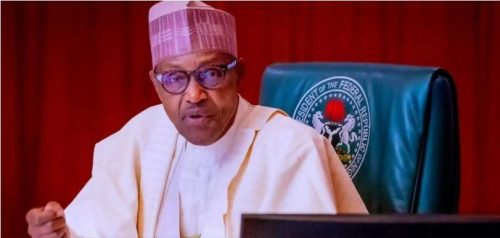
- /home/porsch10/public_html/wp-content/plugins/mvp-social-buttons/mvp-social-buttons.php on line 27
https://porscheclassy.com/wp-content/uploads/2022/02/Capture-29-e1644575361650.jpg&description=Rice Records 92% Price Hike In 6Years, Despite CBN Interventions', 'pinterestShare', 'width=750,height=350'); return false;" title="Pin This Post">
- Share
- Tweet /home/porsch10/public_html/wp-content/plugins/mvp-social-buttons/mvp-social-buttons.php on line 69
https://porscheclassy.com/wp-content/uploads/2022/02/Capture-29-e1644575361650.jpg&description=Rice Records 92% Price Hike In 6Years, Despite CBN Interventions', 'pinterestShare', 'width=750,height=350'); return false;" title="Pin This Post">
-

 BIG STORY16 hours ago
BIG STORY16 hours agoPressure Mounts on Omooba Abimbola Onabanjo To Step Down But He Refuses As Political Plot To Capture Awujale Stool Falters
-
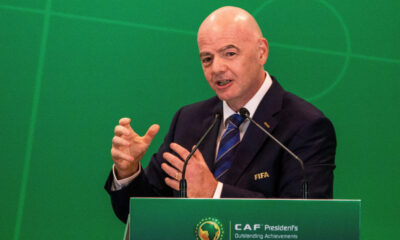
 SPORT4 days ago
SPORT4 days agoFIFA President Slams Senegalese Players, Technical Staff Over AFCON Final Chaos
-
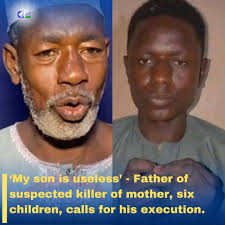
 BIG STORY16 hours ago
BIG STORY16 hours agoFather Of Man Who Killed Mother, Six Children Wants Him Killed Without Trial
-

 BIG STORY3 days ago
BIG STORY3 days agoOgun Police Command File Six-Count Cyberbullying Charge Against Activist Just Adetoun
-
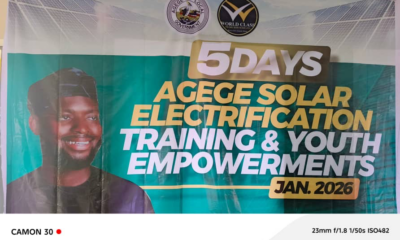
 POLITICS3 days ago
POLITICS3 days agoHon. Abdulganiu Vinod Obasa Empowers Agege Youths with Solar Energy Skills, Drives Grassroots Development
-
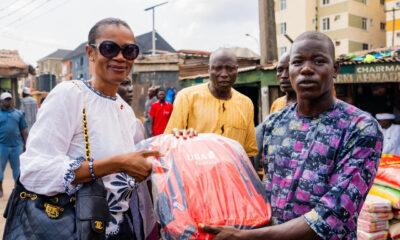
 BUSINESS4 days ago
BUSINESS4 days agoUBA Foundation Deepens Pan-African Impact, Delivers Continent-Wide Aid To Vulnerable Communities, Others.
-

 NEWS2 days ago
NEWS2 days agoSuccession Tension In Ijebu Land As Alleged Smear Campaign Targets Omooba Abimbola Onabanjo
-
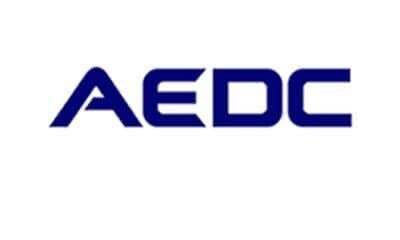
 NEWS4 days ago
NEWS4 days agoAbuja Electricity Distribution Plc Evolves Into Holding Company Structure To Align With Decentralized Regulatory Framework – Announces Strategic Appointments











